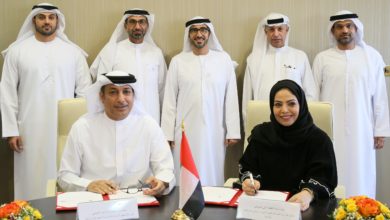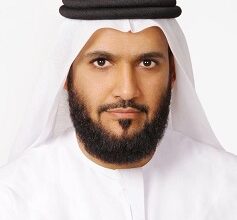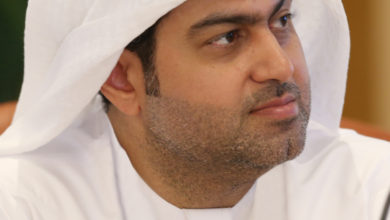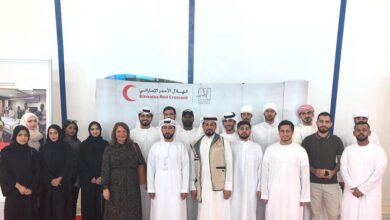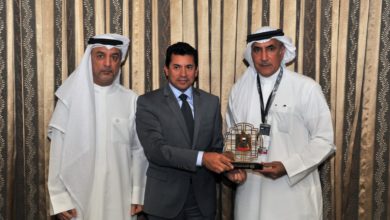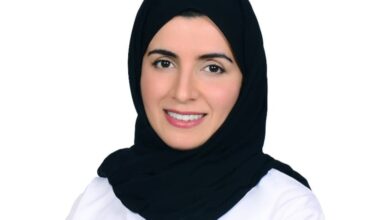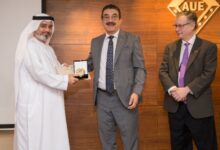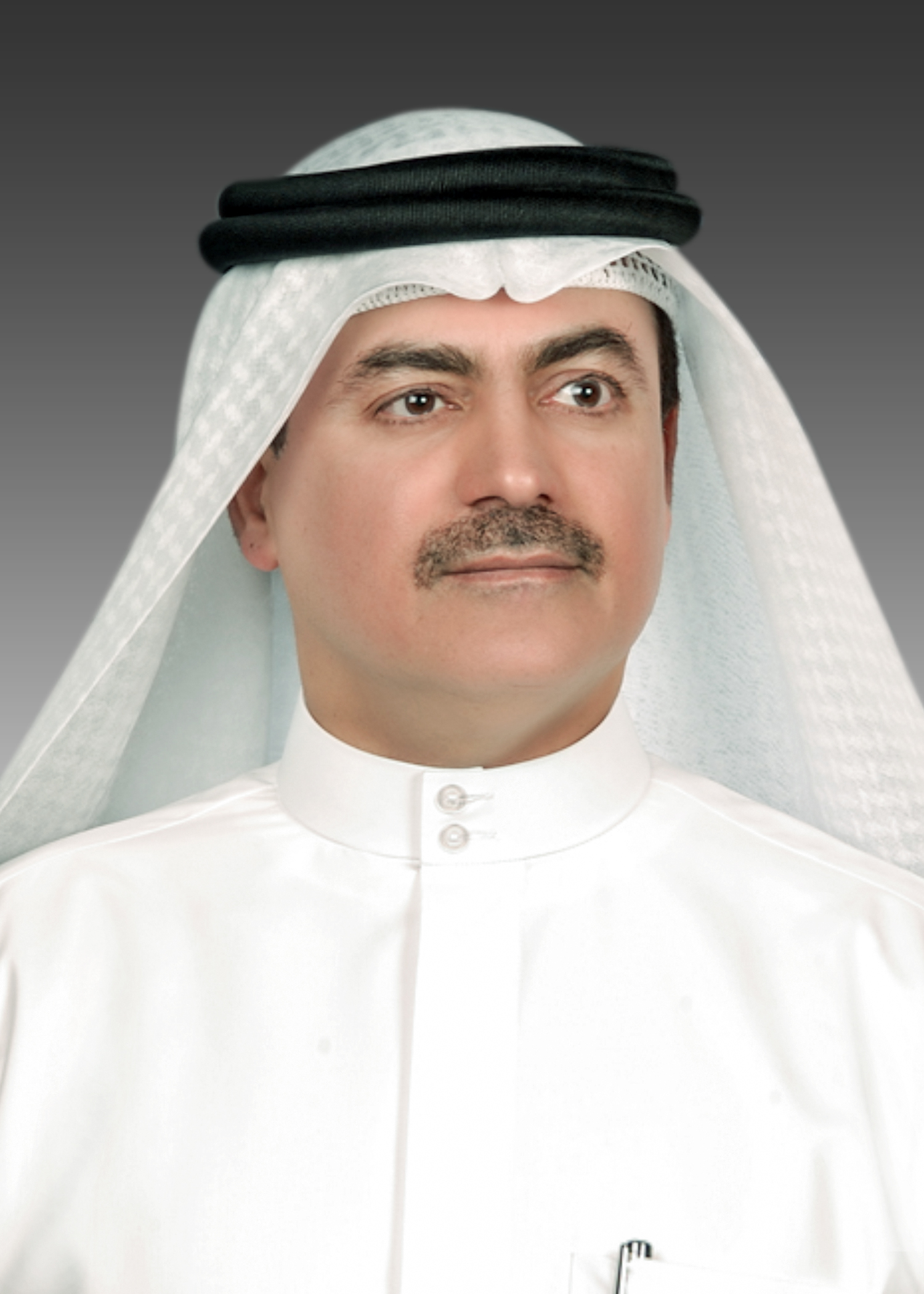
MoHAP strengthens medical and pharmaceutical manufacturing plans to achieve self-sufficiency
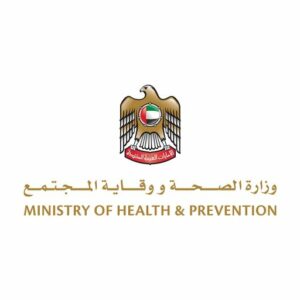
Dubai UAE
Sallam Sallam
The Ministry of Health and Prevention, MoHAP, revealed that that the number of licensed health and pharmaceutical facilities has surged to 3410, while the total number of workers in the public and private health sector has amounted to 26931.
The local medical industries, including medicine, medical equipment, and supplies, have also made a qualitative jump in terms of enhancing quality and competitiveness, thanks to the UAE’s ideal investment environment, flexible legislations, the leading infrastructure and technology, intellectual property laws, and the reliance on Artificial Intelligence (AI) in the manufacturing of medical products. This helps achieve self-sufficiency and health security, as well as reduce manufacturing costs and increase the quality and efficiency of products.
Health security is a priority
HE Dr. Amin Hussein Al Amiri, the Assistant Undersecretary of the Ministry of Health and Prevention’s Public Health Policy and Licenses, referred to the MoHAP’s cooperation with a working group to review the national medical industries, based on the Cabinet decisions, pointing to the ongoing work to shape post-Covid-19 policy, update the pharmacovigilance and national drug policies to cope with the global developments.
“Enhancing pharmaceutical and medical security in the UAE is a strategic priority for the Ministry of Health to handle any emergency circumstances that may lead to disruption in supply chains. To that end, the ministry is keen to provide an attractive and competitive legislative and investment environment with the best facilities and privileges, expertise and research capabilities, and several initiatives and incentives that would help establish competitive medical industries, thus paving the way for many international companies to set up their plants and their R&D centers in the UAE,” added Al Amiri.
Manufacturing of insulin
He went on to say: “The number of licensed local factories has amounted to 19 factories (with 4 factories under registration), in addition to 13 factories that will be registered in the upcoming years. There are also 83 scientific or marketing offices for international pharmaceutical companies.”
He pointed out that the pharmaceutical manufacturing industry has significantly grown in recent years, owing to the increase in local production and foreign investment, the increase in similar medicines, and the surge in the market size to keep pace with the population growth. Moreover, the country has embarked on manufacturing biosimilar biological products through Julphar’s experience in manufacturing insulin injections.
Enhancing pharmaceutical manufacturing
“By encouraging investment in pharmaceutical manufacturing sector and cooperation with international companies, as well as attracting competencies, latest equipment, and advanced technology, the pharmaceutical products will be expanded to include modern biological technologies, the production of innovative medicines, vaccines, and life-saving medicines, and the manufacturing of raw pharmaceutical materials to achieve self-sufficiency,”
He added: “Recently, some local pharmaceutical factories began to increase their production lines by manufacturing face masks, hand sanitizers, etc. In addition, personal protective equipment (PPE) plants have been recently inaugurated to fulfill the local market needs, and they even export their products worldwide, under the supervision of the ministry and other competent authorities, after having confirmed the availability of adequate quantities for local market consumption, leading to the constant availability of such essential products, during the pandemic, compared to the situation in many other countries.”
